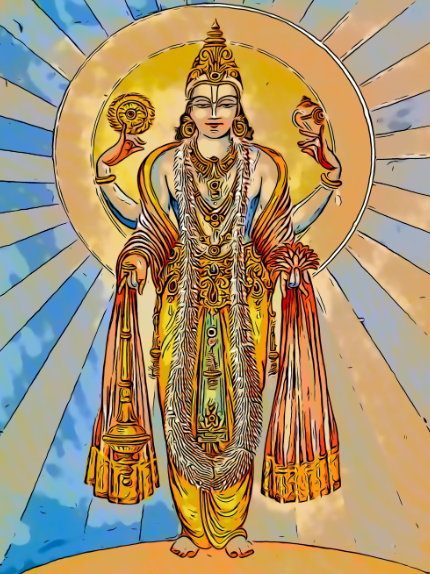31st March 2024
- Attaining liberation from the endless cycle of birth and death is not a matter of chance.
- Lord Krishna has laid out a well-defined pathway to liberation in the Bhagavad Gita. The first step towards liberation is to attain purity of mind through Karma Yoga, not through hasty renunciation or by continuing to act with ego.
- Habits are difficult to change. We are conditioned to behave in certain ways due to the force of habit and mindless engagement in life.
- The knowledge we gain from the Guru and scriptures is only theoretical. It becomes our experience only when we take concrete steps to apply it in our actions and attitudes.
- Even one selfless action every day can be a good start. Once we apply it and see how it helps us overcome our ego, it will open the gateway to freedom.






























